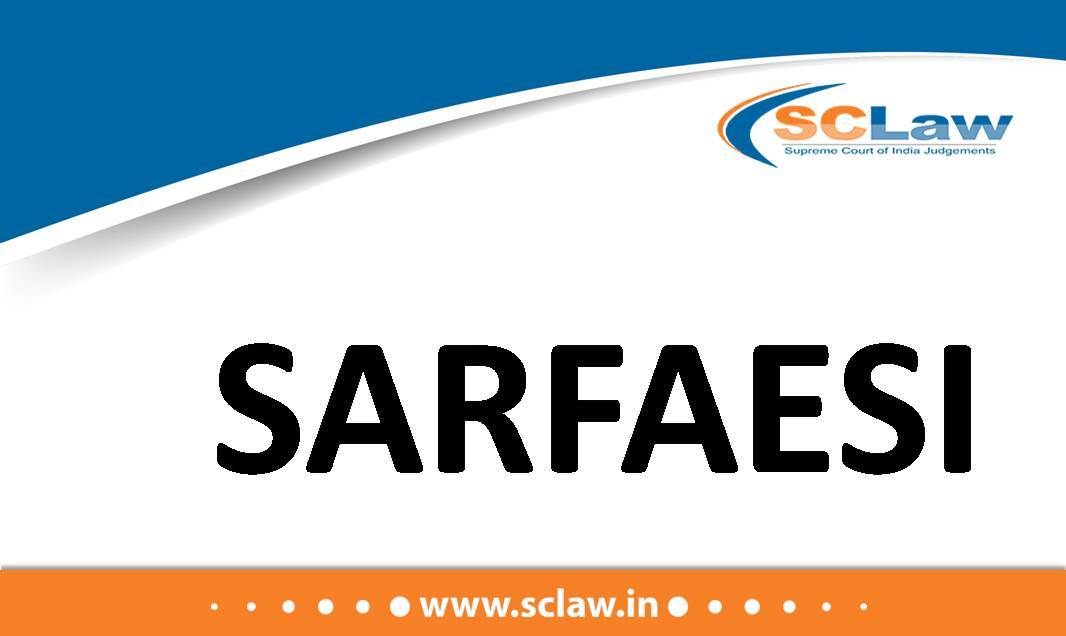Double Taxation Avoidance Agreement – Articles 5(3)(e) and 7 – Liability to tax under DTAA – Meaning of expressions “business connection” and “business activity” has been articulated. HELD And since by a legal fiction it is deemed not to be a PE of the respondent in India, it is not amenable to tax liability in terms of Article 7 of the DTAA – High Court justly reckoned the same as being of preparatory or auxiliary character, falling under Article 5(3)(e) – Appeal dismissed.
SUPREME COURT OF INDIA DIVISION BENCH UNION OF INDIA AND ANOTHER — Appellant Vs. U.A.E. EXCHANGE CENTRE — Respondent ( Before : A.M. Khanwilkar and Ajay Rastogi, JJ. )…








